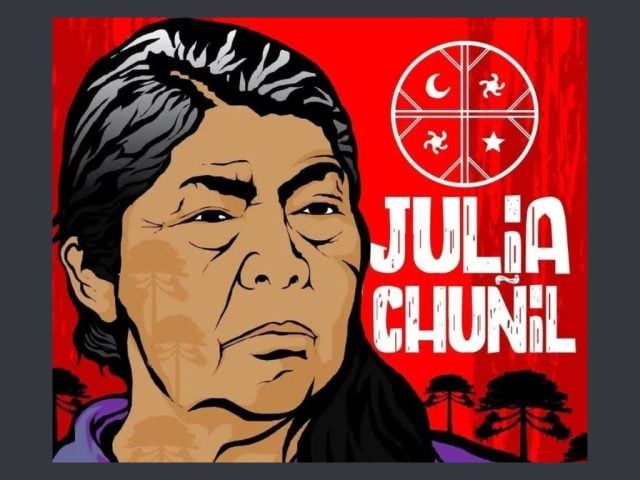Congress took a pivotal step to address a long-standing obligation: safeguarding the people who protect their territories and ecosystems. The Chamber of Deputies approved the bill that recognizes environmental defenders and requires the State to coordinate actions to prevent, investigate, and punish attacks against them. The advance comes just days before the one-year mark since Julia Chuñil disappeared in Máfil (Los Ríos Region), a case that has shaken the country and laid bare systemic gaps in protection.
What was approved?
- Vote: 70 in favor, 35 against, and 14 abstentions.
- Core content: legal recognition of environmental defenders and specific protection measures, including interagency coordination to ensure a safe, violence-free environment and penalties for attacks and harassment.
“Defending life must no longer cost lives,” emphasized Sebastián Benfeld, spokesperson for Escazú Ahora, calling the vote “a watershed moment” for those who face threats because of their work.
Why now? The case of Julia Chuñil
November 8 marks one year since Julia Chuñil, a Mapuche environmental defender from Máfil, was last seen. Her family has reported prior threats and slow-moving investigations. In recent days, a media leak about a phone tap—now under review by the Prosecutor’s Office—reignited public scrutiny; government spokesperson Camila Vallejo urged a swift clarification and called for avoiding revictimization.
The parliamentary debate unfolded against that backdrop: without protection, there can be no effective defense of nature.
The hard numbers: attacks are rising, and women are on the front lines
According to Escazú Ahora:
- 80+ attacks against 47 defenders (2023–2024).
- Physical assaults tripled in one year.
- 70% of documented cases affect women.
- Only 2% achieved a favorable judicial outcome: structural impunity.
Escazú in focus
Ratified by Chile in 2022, the Escazú Agreement obliges the State to protect environmental defenders and to guarantee access to information, public participation, and environmental justice. The bill approved in the lower house operationalizes that mandate—moving from an international commitment to concrete tools for protection, prevention, and sanctions.
What comes next?
The bill now moves to the Senate for its second constitutional stage. If approved, the Executive would have to design protocols and protection pathways, with coordination among Interior, Justice, Environment, Health, the Prosecutor’s Office, and police, and with a gender approach tailored to territorial realities.
Why it matters
- Sets clear State obligations for protection.
- Creates deterrence against threats and attacks.
- Recognizes the public role of communities, women, and Indigenous peoples in safeguarding ecosystems.
- Responds to emblematic cases (such as Julia Chuñil) that exposed protection gaps.

